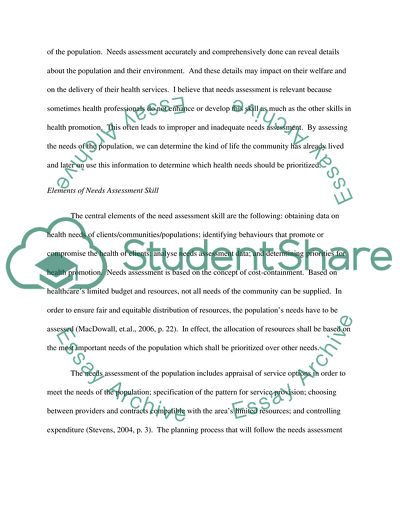Cite this document
(Relevance and Applicability of Health Promotion Skills Research Paper, n.d.)
Relevance and Applicability of Health Promotion Skills Research Paper. Retrieved from https://studentshare.org/health-sciences-medicine/1724998-exploring-and-critiquing-the-revelance-and-applicability-of-health-promotion-skills
Relevance and Applicability of Health Promotion Skills Research Paper. Retrieved from https://studentshare.org/health-sciences-medicine/1724998-exploring-and-critiquing-the-revelance-and-applicability-of-health-promotion-skills
(Relevance and Applicability of Health Promotion Skills Research Paper)
Relevance and Applicability of Health Promotion Skills Research Paper. https://studentshare.org/health-sciences-medicine/1724998-exploring-and-critiquing-the-revelance-and-applicability-of-health-promotion-skills.
Relevance and Applicability of Health Promotion Skills Research Paper. https://studentshare.org/health-sciences-medicine/1724998-exploring-and-critiquing-the-revelance-and-applicability-of-health-promotion-skills.
“Relevance and Applicability of Health Promotion Skills Research Paper”, n.d. https://studentshare.org/health-sciences-medicine/1724998-exploring-and-critiquing-the-revelance-and-applicability-of-health-promotion-skills.


